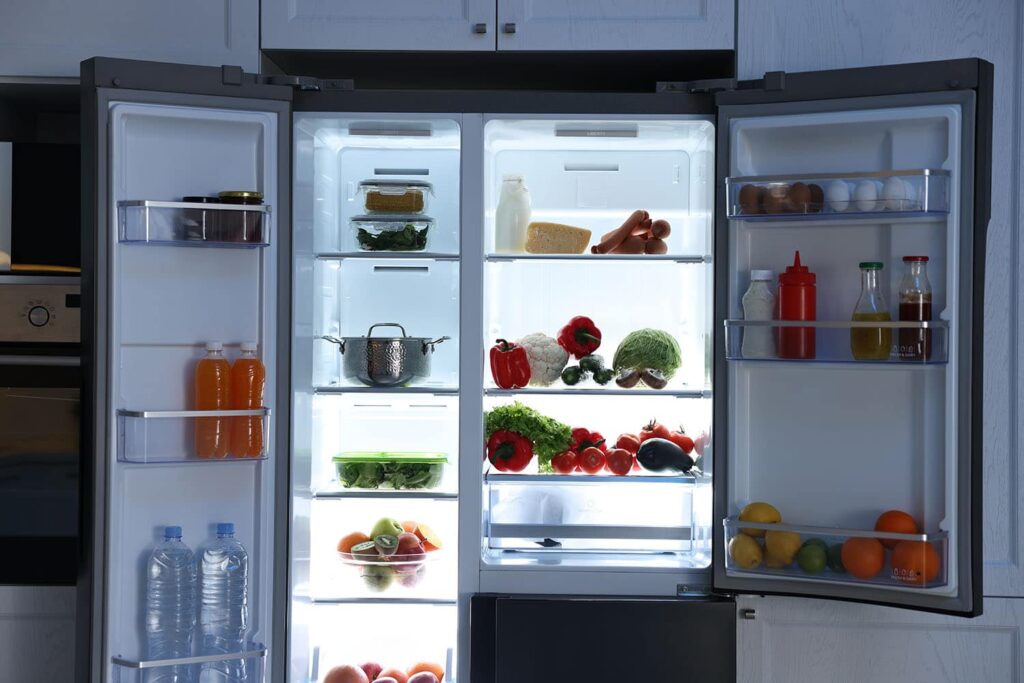
Is your refrigerator not cooling like it should? It might not just be issues of wear and tear — voltage plays a bigger role than you may think. Understanding the voltage of a fridge is the key to smooth operation and avoiding costly repairs. The right refrigerator volts keep your food fresh and your appliance working at its best.
Let’s plug into how voltage impacts your fridge and what you need to know to maintain peak performance.
Typical Refrigerator Voltage Range
The standard voltage for fridge appliances in the U.S. is about 120 volts. Most residential refrigerators operate within this range, which is sufficient to power the compressor, fan and other components that keep the food cold. However, larger or commercial refrigerators may require more power, typically in the 220-240 volts range. Understanding these differences can help you choose the right refrigerator for your space and needs.
Smaller units — such as mini-fridges — generally require fewer volts and are often more energy-efficient. A low voltage refrigerator designed for RVs or solar setups for example, might run on as little as 12-24 volts. These specialized fridges are ideal for off-grid living or mobile environments, but they still require proper power management to function effectively.
Factors Influencing Refrigerator Voltage Needs
Several factors can impact the number of refrigerator volts your appliance requires:
- Size: Larger refrigerators — especially those with dual compressors or additional features such as ice makers — typically require more power. A commercial fridge in a restaurant or convenience store will likely need more volts than a basic household model.
- Type: The type of refrigerator also influences voltage needs. Commercial refrigerators often have higher power requirements than residential models.
- Usage: If your fridge is frequently opened, operates in a warm environment or is responsible for cooling large amounts of food, it may need a stable and robust power supply to maintain optimal performance.
Checking Your Voltage Supply
Before purchasing or installing a refrigerator, it’s important to check your home or business’s electrical supply to confirm it meets the fridge voltage requirements. Here are some steps to verify your setup is correct:
- Check the label: Most refrigerators have a label or sticker that indicates the required voltage. Look for this information before plugging in your appliance to avoid overloading the circuit or causing damage.
- Test your outlet: Use a multimeter to check the voltage at your wall outlet. Make sure it matches the required voltage so that it operates safely and efficiently.
- Consider professional installation: If you’re uncertain about your electrical system’s capability, it’s always wise to consult an electrician. They can help confirm that your outlet and wiring can handle the necessary refrigerator volts.
- Monitor performance: Once your refrigerator is running, keep an eye on its performance. If you notice fluctuating temperatures or unusual noises, it could be a sign that the power supply isn’t sufficient.
Protecting Your Fridge From Voltage Fluctuations
Electrical fluctuations can significantly impact the performance of your refrigerator. To prevent damage from power surges or dips, consider using a voltage stabilizer or surge protector. This simple device can help regulate the voltage, protecting the appliance from electrical spikes or low voltage issues that can lead to costly repairs or premature failure.
Keep Your Fridge Running Smoothly With the Right Voltage
Understanding the voltage requirements for appliances helps them operating efficiently and can even prolong their lifespan. By knowing the standard refrigerator volts needed, checking your home’s power supply and taking steps to protect your fridge from fluctuations, you can keep your appliance running smoothly.
If you’re in the market for a new refrigerator, Iron Mountain Refrigeration has you covered. Our collection of dependable fridges includes commercial refrigerators designed to meet the diverse voltage needs of various environments. Reach out today and we’ll help you find the perfect cooling solution!



















